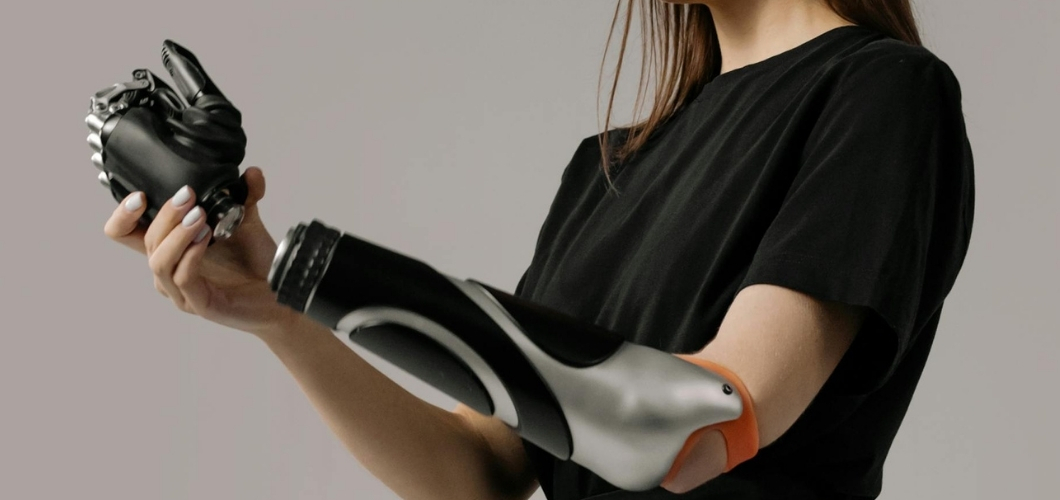AI is becoming more proficient at doing human-like tasks more quickly, efficiently, and inexpensively. Both robotics and AI have enormous potential in the field of healthcare. Like in our daily lives, our healthcare ecosystem is becoming increasingly reliant on AI and robotics.
6 examples that show the current state of this transformation have been highlighted.
Keep Well
One of AI’s most significant advantages is to keep people healthy, so they do not need doctors as frequently, if at all. People are already benefiting from consumer health applications of AI and the Internet of Medical Things (IoMT).
Applications and apps for technology support the proactive management of a healthy lifestyle and encourage individuals to adopt healthier visors. It gives customers control over their health and well-being.
Early Detection
AI is already being used to diagnose diseases more precisely and early like cancer. The American Cancer Society claims that a sizable percentage of mammograms produce false results, telling one in two healthy women they have cancer. Mammogram reviews and translations can now be done 30 times faster and with 99% accuracy thanks to AI, which eliminates the need for pointless biopsies.
AI is also being used in conjunction with the proliferation of consumer wearables and other medical devices to monitor early-stage heart disease, allowing doctors and other caregivers to monitor and identify potentially fatal episodes at earlier, more treatable stages more effectively.
Diagnosis
Healthcare organizations are using IBM’s Watson for Health to apply cognitive technology to unlock massive amounts of health data and power diagnosis. Watson can review and store exponentially more medical data than any human, including every medical journal, symptom, and case study of a treatment’s effectiveness worldwide.
To address pressing healthcare issues, Google’s DeepMind Health collaborates with doctors, scientists, and patients. The technology combines neuroscience and machine learning to create neural networks that closely resemble the human brain and contain potent general-purpose learning algorithms.
Decisions Making
Predictive analytics can support clinical decision-making and actions and help prioritize administrative tasks. Improving care requires the alignment of big health data with appropriate and timely decisions.
Another area where AI is starting to take hold in healthcare is the use of pattern recognition to identify patients at risk of developing a condition or seeing it worsen due to lifestyle, environmental, genomic, or other factors.
Treatment
AI can assist clinicians in taking a more comprehensive approach to disease management. It’s helping patients to better manage and comply with their long-term treatment program. In addition, it assists providers in identifying chronically ill individuals who may be at risk of an adverse episode.
For more than 30 years, medical robots have been in use. They range from basic laboratory robots to extremely sophisticated surgical robots that can work alongside a human surgeon.
End of Life Care
As we near the end of our lives. Diseases like dementia and heart failure are causing us to pass away more gradually than in previous generations. Additionally, it is a stage of life where loneliness is a widespread problem.
Robots have the potential to revolutionize end-of-life care, helping people to remain independent, and reducing the need for care homes. AI combined with the technology in humanoid design is enabling robots to go beyond to keep people engaged.



